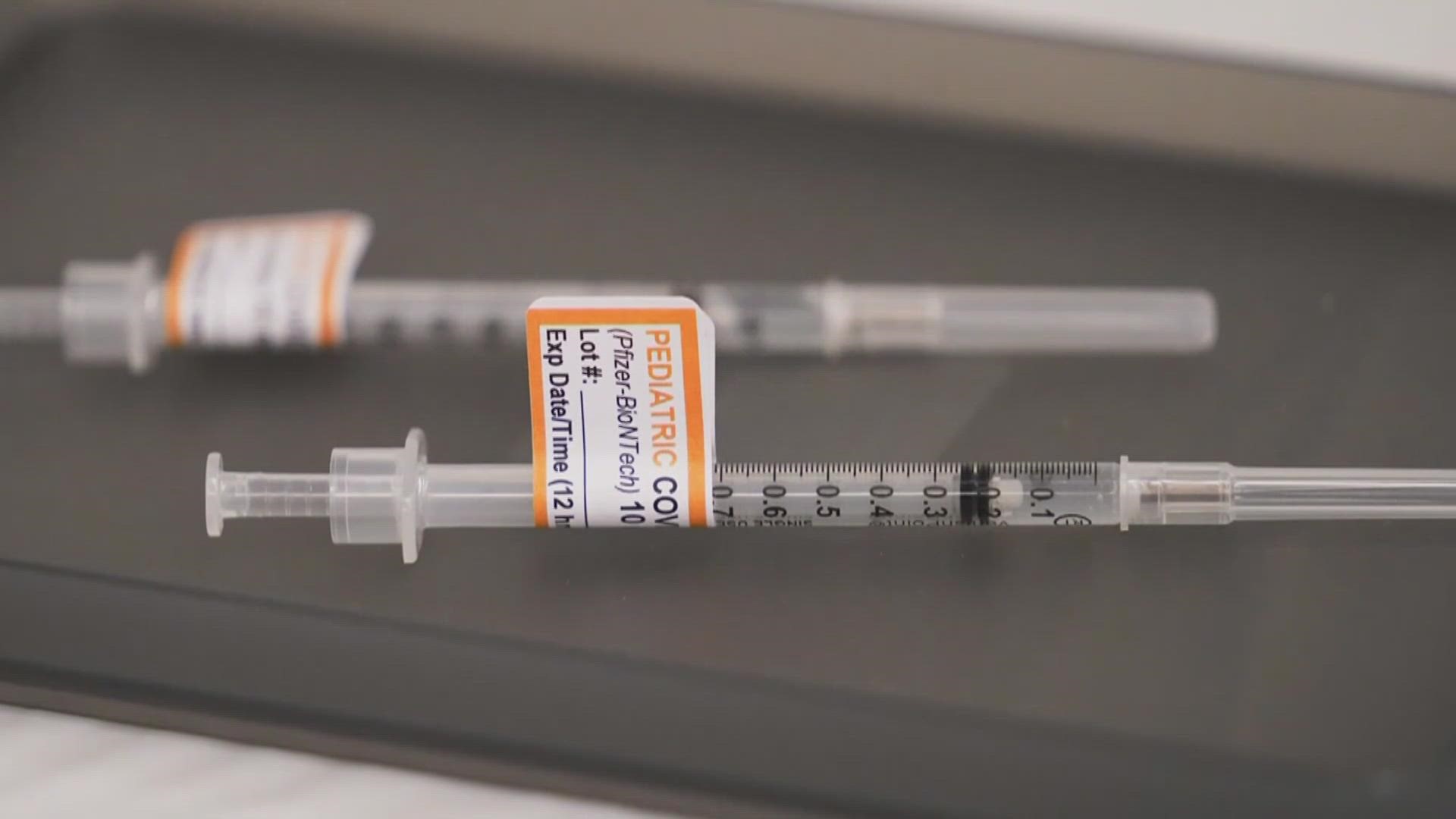NEW ORLEANS — For nearly three years, there have been discussions and debate about the effectiveness of the COVID vaccine.
Now doctors are looking back at nearly two-million people who got infected with COVID, and they found something interesting.
Since the pandemic began, doctors have learned that COVID-19 was much more than a respiratory virus, affecting more than just the lungs.
“There were people who presented with COVID who had a heart attack, who had a stroke, who had a blood clot in their legs,” explained cardiologist Dr. David Aguilar, Professor of Medicine in the Division of Cardiovascular Medicine at LSU Health Sciences Center.
Cardiologist Dr. Aguilar says we now see that compilations and risks can last weeks, months or even longer after you get the coronavirus. And now a first-of-its-kind study is revealing the difference vaccinations made among people who got the virus.
Researchers from Mount Sinai looked at what happened to nearly two million people who caught the virus. They found that being vaccinated is associated with fewer heart attacks, strokes, and other cardiovascular problems.
Fully vaccinated people who contracted COVID had about a 41 percent reduction in the risk of having a heart attack, or stroke compared to the unvaccinated who contracted the virus.
In the partially vaccinated, there was a 24 percent lower risk
“The vaccination status may have prevented severity of illness, and by preventing a very severe illness, and some of the things we think go along with that, there's inflammatory response. This inflammation might cause the plaque to rupture,” he explained.
Dr. Aguilar says this same association is seen in heart attack patients who don't get a flu vaccine to help prevent a series of complications, and a second heart attack, but what about the very rare risk of temporary inflammation of the heart muscle, or heart lining, mostly in adolescent boys after the getting the vaccine?
“We realize that that is very rare and that myocarditis from COVID-19, the actual infection, is much higher, a magnitude more much higher, than the myocarditis that comes from a vaccination risk.”
So, going forward, Dr. Aguilar says there is an important health message we can learn from this new scientific data.
“My hope would be that it would boost the vaccination rate in people who may be vulnerable to heart problems.”
These findings will be presented this weekend, as the American College of Cardiology and World Heart Federation gather in New Orleans to present the latest, cutting-edge treatments for heart disease.
► Get breaking news from your neighborhood delivered directly to you by downloading the new FREE WWL-TV News app now in the IOS App Store or Google Play.

